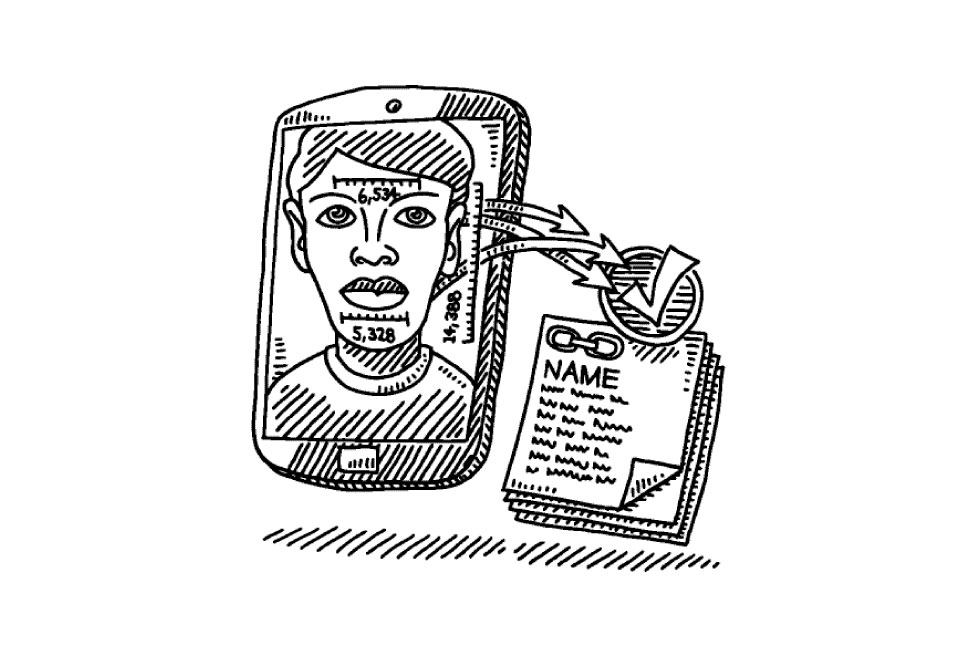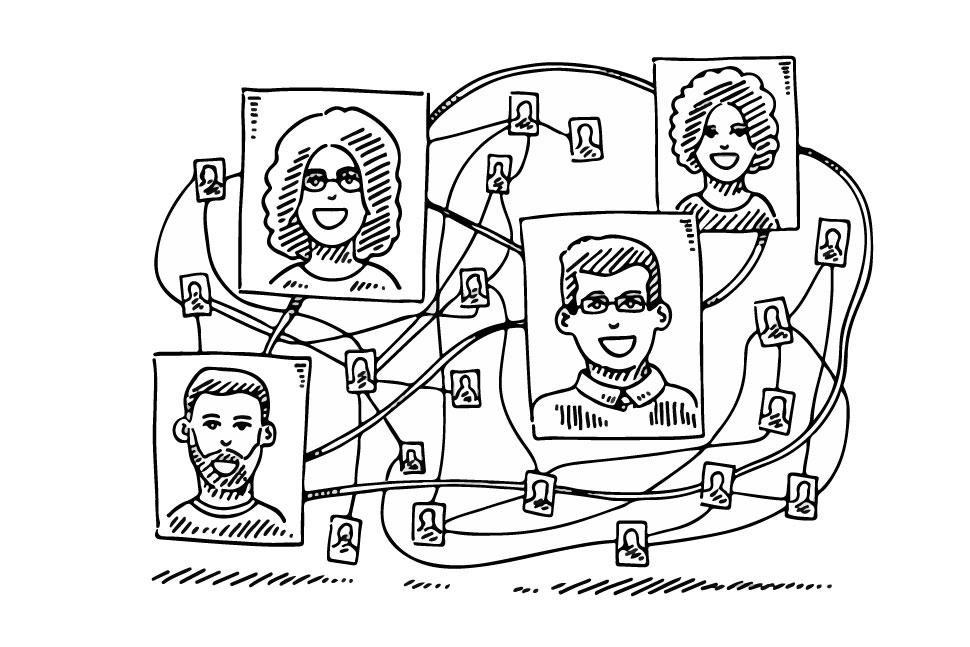The 2015 death of Baltimore’s Freddie Gray Jr. in police custody led to ten days of public outcry. The aftermath of the protests further damaged the public’s trust once they found out what police had been up to. The ACLU of North Carolina uncovered the fact that the Baltimore Police Department used facial recognition tools
The Justice System as a Digital Platform
The COVID era has brought physical shutdowns to American courts and an unprecedented backlog of cases. In Connecticut, pending civil and criminal cases have jumped 200 percent during the pandemic, and trials aren’t scheduled to start until at least November. As of late June, New York City had 39,200 criminal cases waiting to be heard.
“Housing is a Human Right”
We are only six months into the COVID-19 pandemic, and something that for months experts have predicted would happen is actually happening: between 30 and 40 million people are at risk of eviction. While the Centers for Disease Control passed a moratorium this month that bans most evictions until January 1, 2020 something permanent is
Taking a Lesson from the Tech Industry: Develop and Retain Strong Teachers with Microcredentialing
What does becoming a skilled coder and becoming a skilled teacher have in common? The need for quality tools for professional development and demonstration of skills that are tied to real rewards in the workplace: lessons that have application for all those in public interest fields. Many parents knew—and others learned during school closures due
Predicting Technology Futures by Examining Our Past
As a former technologist, I had long believed that it was impossible to really foresee how a new technology development might impact society. But through my academic research on facial recognition in schools, I learned that we can make surprisingly nuanced and accurate predictions. Take, for example, facial recognition. While law enforcement has used facial
Harvard Gets a PIT Lab
The idea and practice of public interest technology (PIT) isn’t exactly mainstream. There are many people making inroads, though. New America’s Public Interest Technology University Network (PIT-UN) is just one example. The group of 36 public and private universities are creating degree and certificate programs that cut across disciplines and educating scientists, technologists, and sociologists,
“People are looking at the same data but coming to different conclusions”: How Universities are Planning for September
I started reporting this story a month before it was due. My email to every university media relations department was the same: I am writing a story about how colleges and universities are using data to help bring students back to campus safely or to decide on alternate methods of education. I’d like to interview
The Wheels of Justice Supercharged — and on Zoom
A Q&A with Chief Justice of Michigan Bridget M. McCormack, who was at the forefront of the state of Michigan’s move to online hearings since proceedings were moved online in late March. COVID-19 has transformed every layer of government, including the court system, but there are some organizations that are making the most of this
Tech Volunteering: How Things Get Done During a Pandemic
When the COVID-19 health pandemic first began to spiral out of control, organizations that provide crucial social services such as food stamps and unemployment benefits were inundated. Their IT staffers were equally overwhelmed creating new applications and processes to help people access services online and process transactions faster,doing so in a secure manner. Help for
No Student is an Island
A University of Chicago plan to bring students back doesn’t do enough to ensure safety, says one student. Where’s the data? The incoming University of Chicago first year students will be on campus in the fall. They will live in single-occupancy dorm rooms, eat take-away meals from dining halls, and socially distance within the classroom









